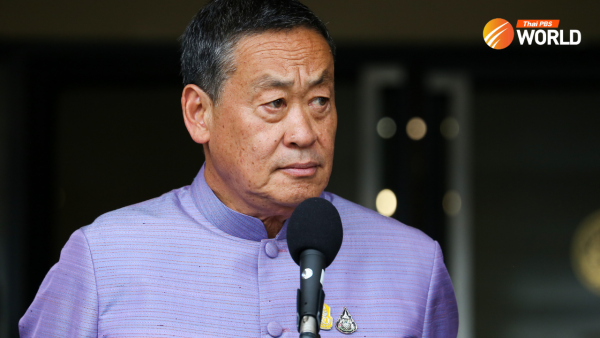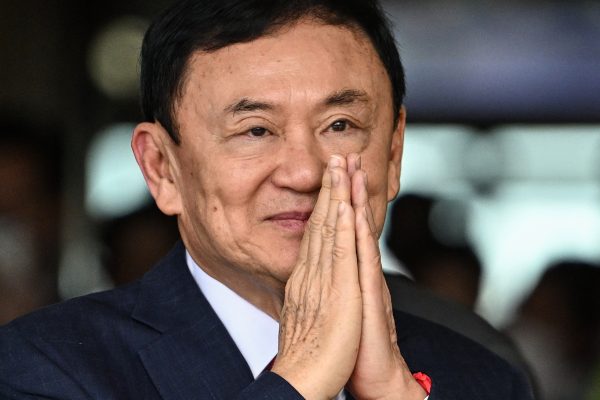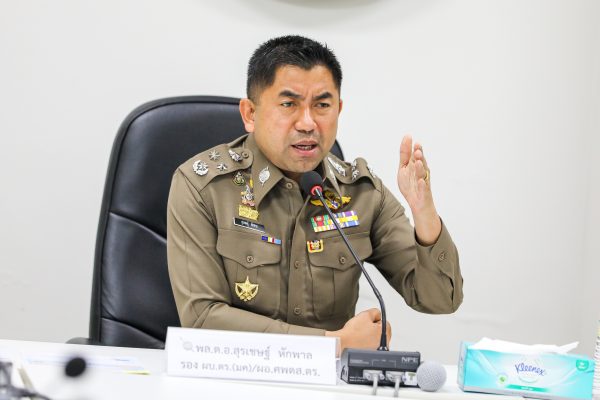Censure strategy clear, but also risky

The opposition bloc has resolved one key issue for the upcoming no-confidence debate. But the jury is still out on the alliance’s late agreement to single out the prime minister and his top lieutenants while leaving their coalition allies on the fence.
The merit of the strategy is that attacking Prime Minister Prayut Chan-o-cha, Deputy Prime Minister Prawit Wongsuwan, Deputy Prime Minister Wissanu Krea-ngam, Interior Minister Anupong Paochinda, Foreign Minister Don Pramudwinai and Deputy Agriculture Minister Thammanat Prompao can drive a wedge between the Palang Pracharat Party, which is the coalition core, and its allies.
Problem is that with that list of targets, the opposition risks making the censure an ideological battlefield. With the economy facing specific, complicated and sophisticated threats and public health threatened by the fearsome coronavirus, it’s highly debatable whether the opposition’s censure strategy is a good idea.
Zooming in on military-related characters will allow or enhance criticism against the prime minister, something the opposition wants. Yet going into the debate waving an ideological flag is a gamble, not least because ideology has been something debated inside and out for years, both inside and outside Parliament. Moreover, such a debate can be hard to control. What if speakers from the Future Forward Party and Thai Liberal Party leader Seripisut Temiyavet choose to spend precious time speaking about coups and parliamentary “dictatorship” enforced by appointed senators? The opposition will have three days at most, and an ideological debate, certain to spark protests and counter-protests, can take a big chunk of time out of that
Some analysts think that for the censure’s sake and the opposition’s own good, ideological talks should be avoided or at least minimized. Here are reasons why:
- Thailand is divided, and attacking the government ideologically at the no-confidence debate will not change extremely-polarized public opinions on who deserve to rule. Only solid, credible evidence of incompetency and corruption will.
- If the opposition has solid and credible evidence of graft and inefficiency, bringing up ideologies could blur the issue, giving the government a chance to weaken accusations by decrying “bias” or “conspiracy.”
- The opposition is not equipped with eloquent speakers who can attack the government on ideological points, anyway. Thanathorn Juangroonruangkit is not there, and neither are the likes of Sudarat Keyuraphan and Chaturon Chaisang. A serious case against Future Forward adds to uncertainties.
- Previous ideological attacks have failed to prevent the rise of the Prayut government. Opinion polls have all but confirmed the public are “bored” with hearing about problems that do not directly concern them. On the other hand, opinion polls also state that the Thai public are strongly in favour of a no-confidence session, meaning Thais are eager to hear about problems within this government that are not ideological. For example, the question whether “economic ministries” are going separate ways is rumbling, and the opposition should tackle it as a practical, not ideological, matter.
- Non-ideological issues such as industrial dust, the coronavirus, corruption or inefficiency can give rise to ideological issues later. In other words, if the opposition manages to convince the Thai public that the Prayut government does not deserve to rule on grounds of corruption and incompetence, public opinions will automatically turn to the Constitution that put the administration in power in the first place.
- Ideological attacks can unite the government bloc. Corruption charges will open or widen rifts within the ruling coalition. Thailand’s political history shows convincingly that although ministers censured for corruption always won in the end, reliable charges against them led to serious splits among government MPs, or even withdrawals of support later.
- With the no-confidence taking place amid pressing non-ideological issues, effects caused by “boring” ideological information will last even shorter. Only fresh, staggering evidence of bad practices will carry on to the next year.
- Assuming the government will win no matter what, “loss” associated with ideological battles is less meaningful than “loss” that follows attempts to expose graft or ineffectiveness. “Parliamentary dictatorship” is when the majority whitewashes wrongdoings, not when the majority defends a debatable concept.
Apparently, opposition parties have had a long debate on which strategy it should take _ singling out those with traces of “military intervention” while leaving the likes of Democrat and Bhumjaithai parties untouched, or going random based on information at hands. The censure list shows quite clearly what path the opposition bloc has chosen.
A lot harder to tell is whether the now-agreed strategy will work.
By Tulsathit Taptim






